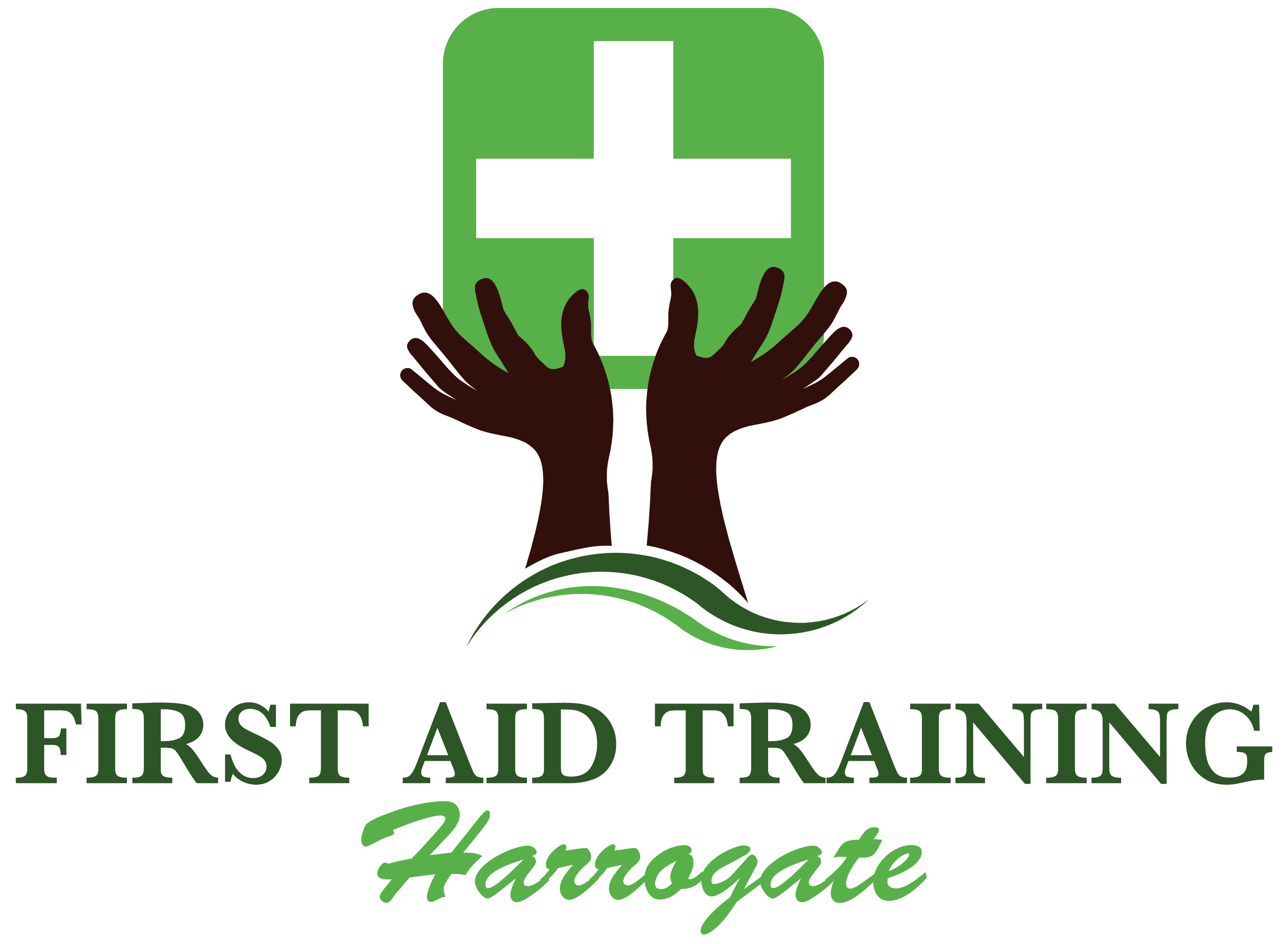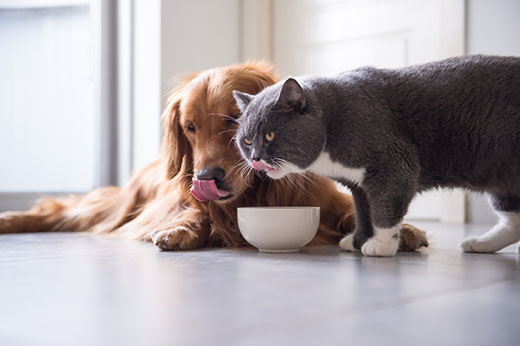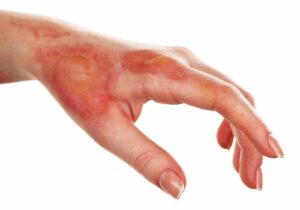The majority of us know what foods we are allergic to or intolerant to, and therefore avoid with caution. But via my Pet First Aid Classes in Harrogate, I have found that even some of the most experienced pet owners are still in the dark about some of the edible items that are toxic or dangerous to feed to their furry friends.
In fact, some of the yummiest food types, that you would think are completely fine, are actually considered very dangerous for your pet. Therefore, in this article, I hope to highlight some of the more hazardous food items for animals to avoid, as well as some helpful advice on what to do if your pet becomes ill after ingesting something.
Alcohol
We know the awful side-effects that alcohol can have on humans, but when it comes to animals, these side-effects are greatly multiplied. Therefore, under no circumstances should you ever give alcohol to a pet or leave an acholic drink where a pet may accidentally drink it.
Alcohol ingestion in pets can cause vomiting, diarrhoea, difficulty breathing, abnormal blood acidity, coma, and even death.
Avocados
It is a relatively unknown fact, but avocados are very toxic to a variety of pets and animals. The leaves, fruit, seeds and skin of an avocado contain persin, which can cause vomiting and diarrhoea in many animals.
While dogs and cats should only be mildly affected by persin, for other animals it could be lethal, for example, horses, mice, rabbits, guinea pigs, sheep, birds and fish. The biggest concern for birds and rabbits is cardiovascular damage, and in horses and donkeys, the symptoms may include a swollen head and neck.
Chocolate
Methylxanthines are substances found in cacao seeds that are used to make chocolate and coffee. When pets ingest methylxanthines, they can experience harmful symptoms, some of which can be extremely dangerous and life-threatening.
Vomiting, diarrhoea, dehydration, hyperactivity, abnormal heart rhythm and seizures are all possible symptoms your pet could experience when chocolate or chocolate-related items are consumed. Note that darker chocolate is more dangerous than milk chocolate, while white chocolate has the lowest level of methylxanthines.
Nuts
Not all nuts are toxic to dogs and cats, however, caution is needed for certain types of nuts and also because of other complications such as choking.
Almost all nuts are high in fat, and this can lead to obesity and pancreatic issues in dogs. Nuts, including almonds, pecans, and walnuts, have particularly high amounts of oils and fats and can cause vomiting and diarrhoea, and potentially pancreatitis in pets.
Macadamia nuts, in particular, can cause weakness, depression, vomiting, tremors and hyperthermia in dogs – symptoms usually appear within 12 hours of ingestion and can last approximately 24 to 48 hours.
Coconut
Although relatively mild on the toxicity scale, the flesh and milk of fresh coconuts contain oils that may cause stomach upset, loose stools or diarrhoea to animals. Because of this, we encourage you to use caution when offering your pets these foods, and if possible avoid altogether just to be safe.
If ingested in small amounts, coconut and coconut-based products are not likely to cause serious harm to your pet, coconut water is in fact, very high in potassium and should not be given to your pet.
Oranges, lemons and limes
The stems, leaves, peels, fruit and seeds of citrus fruits including oranges, lemons and limes contain varying amounts of citric acid as well as essential oils that can cause irritation and possibly even central nervous system issues if consumed in significant amounts.
Whereas small doses are not likely to present major problems beyond a stomach upset, it is recommended that pets don’t consume citrus fruits at all.
Other potentially harmful foods
As well as the above foods, there are also a number of other things that could be harmful to pets and should be avoided. These include:
Raisins & currants
Raw & undercooked meat, eggs & bones
Milk & dairy products
Cat food (for dogs – can lead to pancreatitis in dogs, which can be fatal)
Salt
Tomato & rhubarb leaves
Mushroom plants
Apples, grapes, apricot & cherry pips
Leeks & potatoes
What to do if your pet ingests a toxic food item?
If you suspect your pet has eaten something toxic, it’s useful to try to find out what they might have ingested and how much of it.
You should try to remove the toxic item from your pet’s mouth or tempt them to drop it using a toy or a treat.
Symptoms may not always appear straight away, so keep an eye on your pet and make note of any changes in their behaviour.
If you are worried, you can call Animal Poison Line on 01202 509000, which has a specialist team to help pet owners who are worried their pet may have been exposed to something harmful or poisonous and will be able to tell you if you need to go to the vet or not. Their risk assessment is very accurate and 75 per cent of owners don’t need to rush to the vets after their consultation.
If you are keen on finding out more about what to do when a pet ingests a potentially poisonous item, you can attend one of my Pet First Aid Workshops in Harrogate town centre. I run regular pet workshops at the Kairo Hall on Harlow Terrace, HG2 and would love to hear from you about booking on to the next event.
Please feel free to email me on patti.hemmings@hotmail.com or call my mobile: 07787 831275








